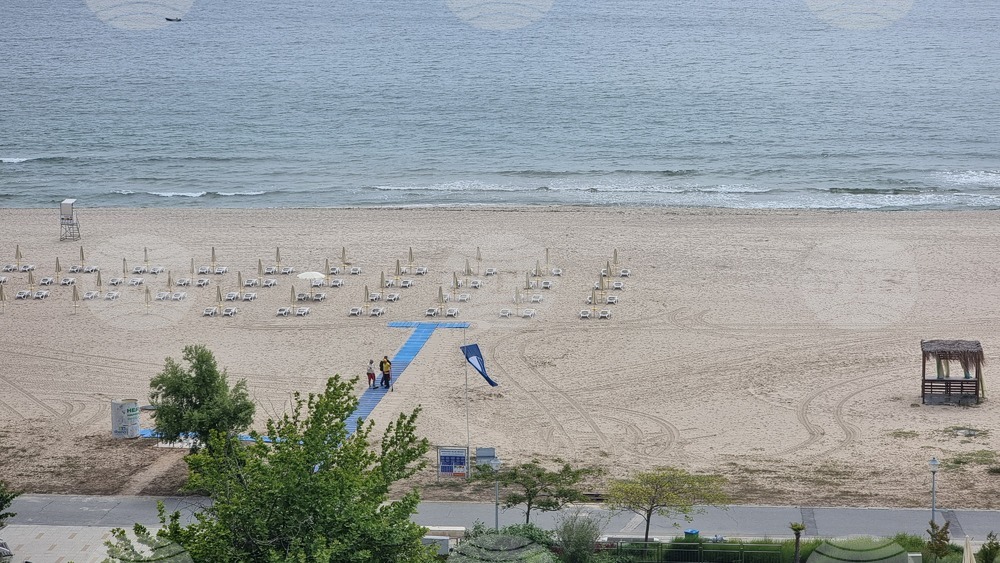site.btaAPA: Austria's “Holiday Euro” Worth the Most in Bulgaria in 2024


This year, Austria's "holiday euro" is worth the most in Bulgaria, followed by Romania and Poland, the Austrian news agency APA reported Tuesday. The "holiday euro" is calculated annually by UniCredit Bank Austria.
This year, Austrians are getting on average 20% more for their money abroad than at home, the story goes.
In Greece, Croatia, Turkiye, Spain and Portugal, Austrians get around 30% more for their money than they do in Austria.
Switzerland, on the other hand, remains the most expensive destination for Austrian holidaymakers.
In general, European destinations have become somewhat more expensive this year compared to last year and in comparison to Austria - and this despite the high domestic inflation, said Stefan Bruckbauer, chief economist at UniCredit Bank Austria on Tuesday according to a press release. "In Turkey and Hungary, where the holiday euro was worth the most in the past, you get significantly less this year than last year due to the high inflation," said Bruckbauer. Nevertheless, Hungary remains one of the countries where the purchasing power for Austrians remains particularly high.
In Germany, where the European Football Championship is taking place in June and July this year, the difference in purchasing power is rather small, but one still gets a little more for their money than at home. EUR 100 are worth EUR 108 in Germany.
Overseas destinations, on the other hand, have become cheaper, by an average of 11 percent. Exchange rate developments play an important role here. "Based on holiday behavior, there was another significant increase in the holiday euro in overseas destinations, as in 2023. The stronger euro was solely responsible for this; price increases in many of these countries were higher than those in Austria," said Bruckbauer.
/NF/
news.modal.header
news.modal.text